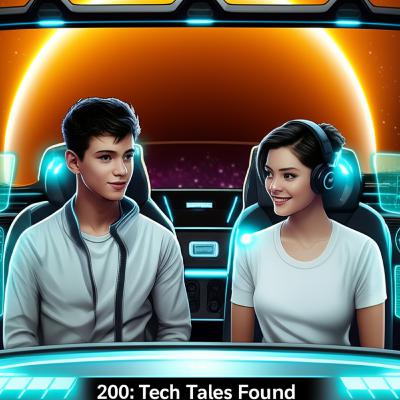When a Corporate Takeover Threatened Open Source: The SaltStack Rebellion
Description
In 2023, the open-source automation tool SaltStack, widely used by businesses to manage IT infrastructure, became the center of a major controversy following Broadcom’s acquisition of VMware, which had previously acquired SaltStack. Originally created by developer Tom Hatch in 2011 and released under the permissive Apache 2.0 license, SaltStack empowered organizations of all sizes to automate critical tasks across thousands of systems, fostering a vibrant global community. Its open nature allowed free use, modification, and distribution, making it a cornerstone of modern IT operations for companies ranging from startups to financial institutions. However, after Broadcom took control, VMware shifted SaltStack’s licensing model toward a commercial, subscription-based system, restricting access to key features and imposing steep costs. This move sparked widespread backlash from users and developers who viewed it as a betrayal of open-source principles. In response, the community reaffirmed its commitment to the original open-source version of Salt—still protected under the Apache 2.0 license—and continued its independent development. Unlike traditional forking with new names, the resistance took the form of a strengthened, community-driven effort to preserve the unaltered core project, ensuring it remained free and accessible. This split created a dual ecosystem: a commercial offering under VMware Aria Automation Config for enterprises seeking integrated support, and a thriving open-source alternative sustained by collaborative innovation. The SaltStack episode highlights a growing tension in the tech industry between corporate monetization strategies and the ethos of open collaboration. It underscores the resilience of open-source communities, who can leverage licensing freedoms to safeguard software from restrictive commercialization. Similar shifts in projects like Elasticsearch and MongoDB have reinforced the need for sustainable, community-governed models. The outcome demonstrates that open-source software, when properly licensed, cannot be fully co-opted—its community retains the power to continue development independently. As foundational technologies increasingly attract corporate interest, the SaltStack story serves as both a cautionary tale and an empowering example of how collective action can preserve digital freedom, ensuring that innovation remains accessible to all, not just those with deep pockets.





